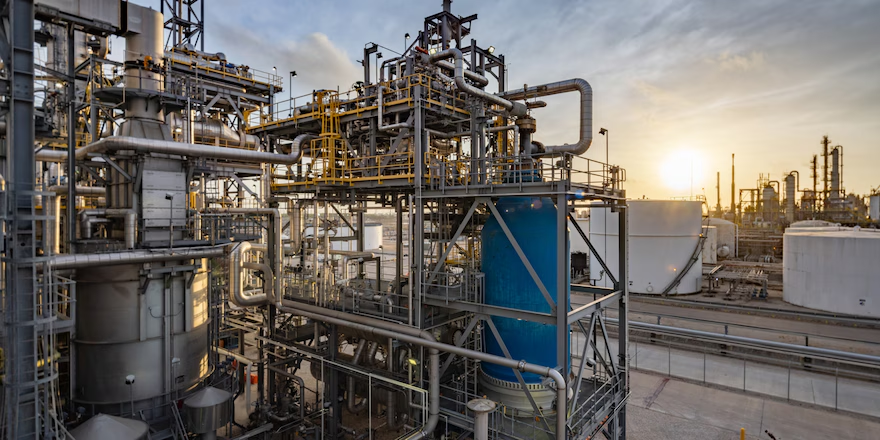Linde has signed a long-term agreement to supply clean hydrogen in Alberta, Canada, while Hyundai Motor and Pertamina have agreed to jointly develop Indonesia’s hydrogen ecosystem.
Linde has agreed to supply clean hydrogen to Dow’s Fort Saskatchewan Path2Zero Project in the Canadian province of Alberta and to invest approximately CAD 2 billion ($1.48 billion) to build, own and operate a large clean hydrogen and atmospheric gases plant. The complex will capture more than 2 million tons of carbon dioxide per year. “Upon completion in 2028, Linde’s new complex will be in Alberta the largest clean hydrogen production facility in Canada, and one of the largest in the world,” said the company. “It will be Linde’s largest investment and the second new clean hydrogen project on a global scale.”
Hyundai engine And Pertamina have agreed to jointly develop the hydrogen ecosystem in Indonesia. Pertamina has identified 17 hydrogen supply sources from Sumatra to Papua and is working on a green hydrogen pilot project in the Ulubelu geothermal area with a target production of 100 kg/day. “Our partnership with Pertamina aims to advance the implementation of hydrogen in the transportation sector in Indonesia,” said Sunny Kim, president of Hyundai Motor Asia Pacific.
Hydrogen-rich LOHC has received a financing grant of €72.5 million ($80.9 million) from the German authorities, 70% of which comes from the federal government and 30% from the state of Bavaria. “Hydrogen is chemically bound to the difficult-to-flammable thermal oil benzyl toluene. “This LOHC can be stored and transported safely under ambient conditions in a similar way to diesel,” the company said. “At the collection location, the hydrogen is released from the LOHC in high purity. The carrier oil can then be reused to store and transport hydrogen.”
MMIa Polish automotive company, has secured €7.7 million in financing from Vinci SA. MMI plans to use the money to develop its own line of small and medium-sized electric buses, including low-entry, low-floor hydrogen fuel cell models. and standard floor variants. “Our goal is to make buses with the lowest possible curb weight to maximize their range,” said CEO Stanisław Zdrojewski. The company also plans to expand its operations and offerings in Italy, France, Germany, Switzerland and Scandinavia.
Technip energies has won a front-end engineering design (FEED) contract for BP’s H2Teesside “low-carbon” project in the UK, which focuses on the integration of hydrogen and carbon capture technologies. “With a view to a final investment decision in 2025, the next step for Technip Energies, if selected, will be to deliver the full engineering procurement, construction and commissioning (EPCC) package for the project.” said the French engineering firm.
This content is copyrighted and may not be reused. If you would like to collaborate with us and reuse some of our content, please contact: editors@pv-magazine.com.


